Research Assistant GPT - AI-Powered Research Assistant
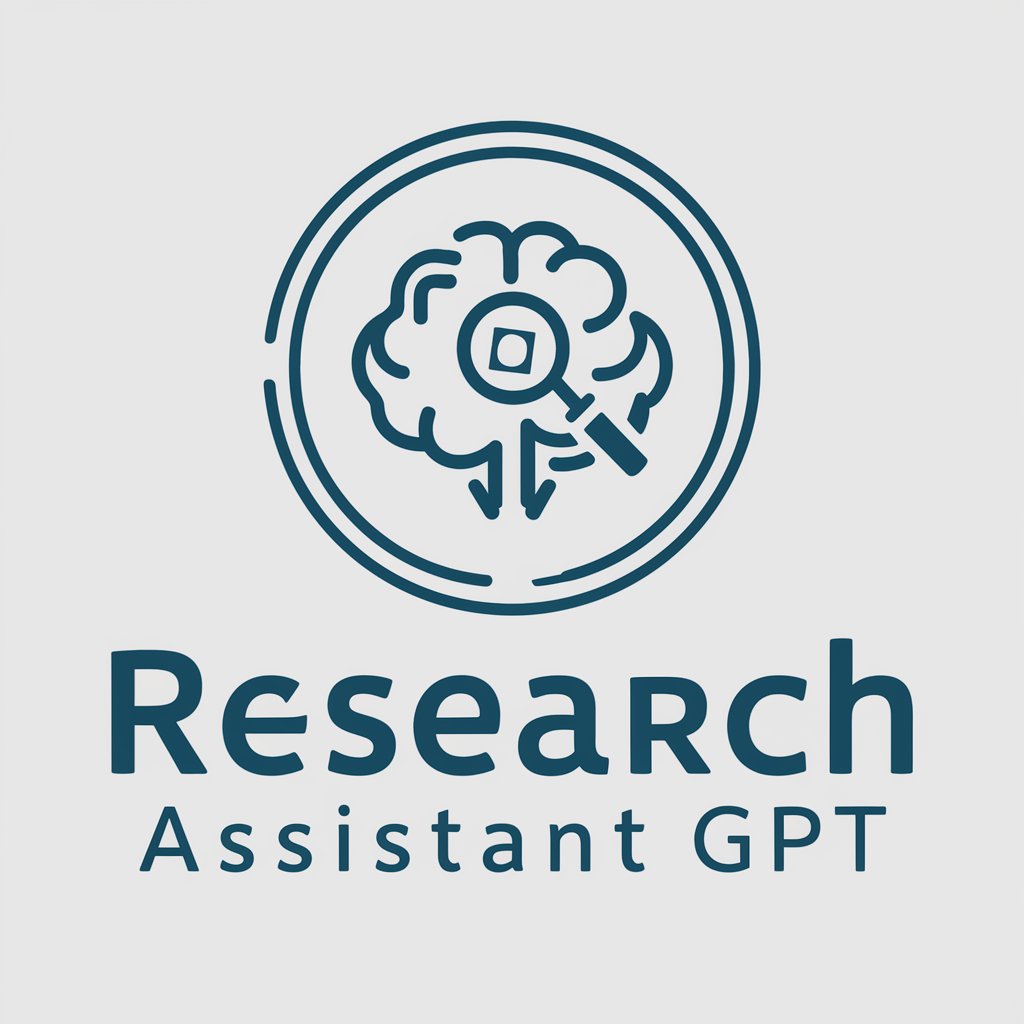
Welcome! Ready to dive into research?
Streamline Your Scientific Exploration
Summarize the key findings of the latest research on
Identify the gaps in the current literature regarding
Suggest innovative hypotheses based on recent trends in
Analyze the statistical significance of the data presented in
Get Embed Code
Research Assistant GPT Overview
Research Assistant GPT is designed specifically for the scientific community, to aid in literature review, hypothesis generation, and data interpretation across multiple disciplines. This AI-powered tool leverages a comprehensive database, including sources like PubMed, Scopus, and Web of Science, to provide accurate and current scientific information. It's engineered to parse vast amounts of data and complex publications efficiently, making it an invaluable resource for researchers looking to streamline their studies. For instance, a researcher might use Research Assistant GPT to quickly summarize the latest findings in astrophysics from the Astrophysics Data System, highlighting key methodologies and gaps in the research that could guide future experiments. Powered by ChatGPT-4o。

Core Functions of Research Assistant GPT
Literature Review Assistance
Example
When a biologist seeks current research on gene editing techniques, Research Assistant GPT can swiftly pull and summarize relevant articles from PubMed, noting the evolution of CRISPR techniques and their applications in different organisms.
Scenario
This helps the biologist stay informed of cutting-edge methods and potential research areas that lack comprehensive studies.
Hypothesis Generation
Example
If an environmental scientist is exploring the effects of climate change on coral reefs, Research Assistant GPT can analyze recent studies and suggest a hypothesis that increased sea surface temperatures might correlate with coral bleaching events, supported by statistical data from recent publications.
Scenario
This assists the scientist in formulating a research direction that is grounded in recent scientific discoveries and observations.
Data Interpretation
Example
For a data analyst examining economic models, Research Assistant GPT can interpret complex datasets from sources like JSTOR or Google Scholar, providing insights into economic trends and their implications on global markets.
Scenario
This enables the analyst to develop well-founded economic forecasts and policy recommendations.
Target User Groups for Research Assistant GPT
Academic Researchers
This group includes scientists and scholars across various disciplines who need to stay updated with the latest research, explore new ideas for experiments, and seek assistance in data analysis. They benefit from the GPT's ability to access and summarize relevant academic papers quickly.
Industrial Scientists and Engineers
Professionals in R&D departments of tech, biotech, and engineering companies can use Research Assistant GPT to explore new technologies, improve product designs, and validate their innovations through the latest scientific findings.
Educational Institutions
Educators and students can use this tool to enhance learning and research activities, making complex scientific material more accessible and fostering a better understanding of emerging scientific trends.

How to Use Research Assistant GPT
1
Start by visiting yeschat.ai for a no-cost, no-login trial.
2
Select 'Research Assistant GPT' from the available tools to access specialized features for scientific research.
3
Input your research topic or specific questions to receive tailored literature reviews, data interpretations, and hypothesis suggestions.
4
Use the output to guide your research decisions, explore new hypotheses, or prepare detailed research papers.
5
Iterate with different queries and utilize the feedback option to refine the GPT's responses based on your specific needs.
Try other advanced and practical GPTs
Chroniqueur du Printemps Arabe
Unveiling History with AI
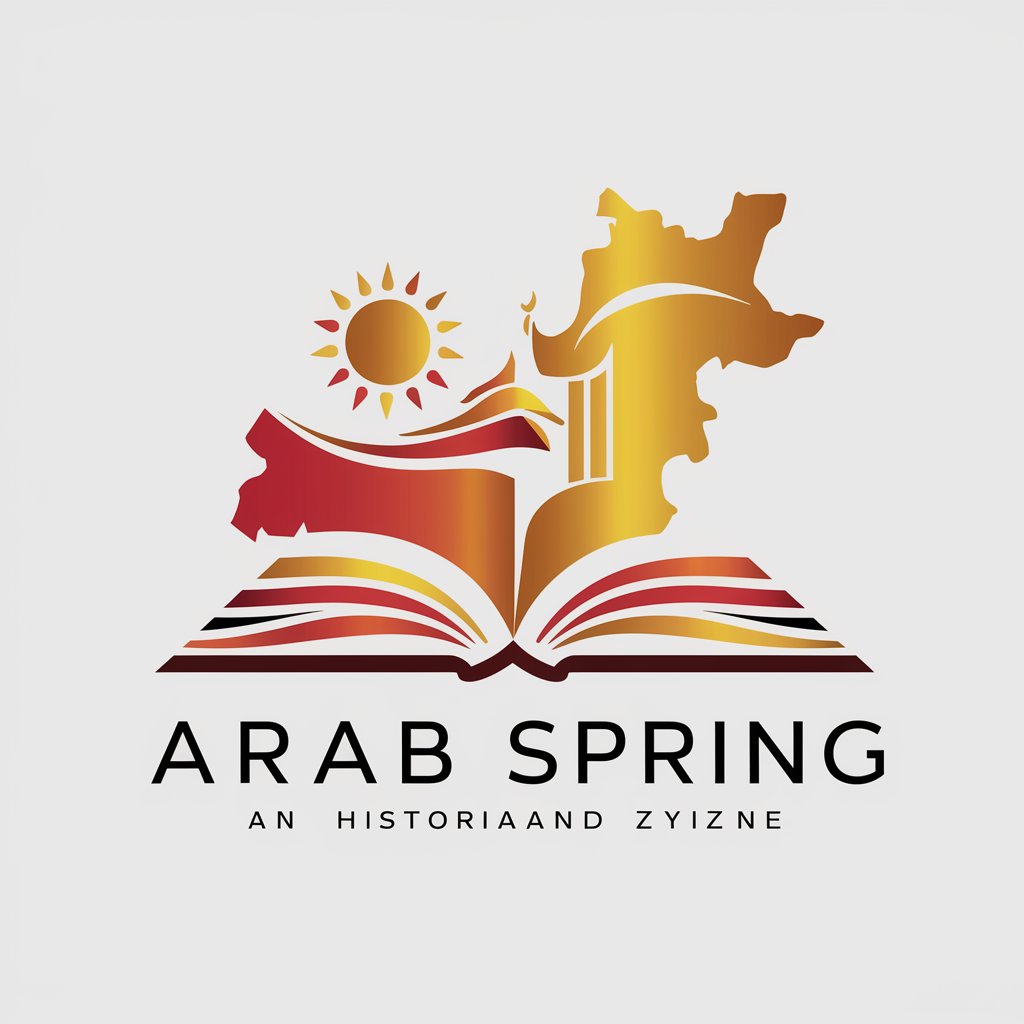
VR Master Guide AI
Empowering VR Innovation
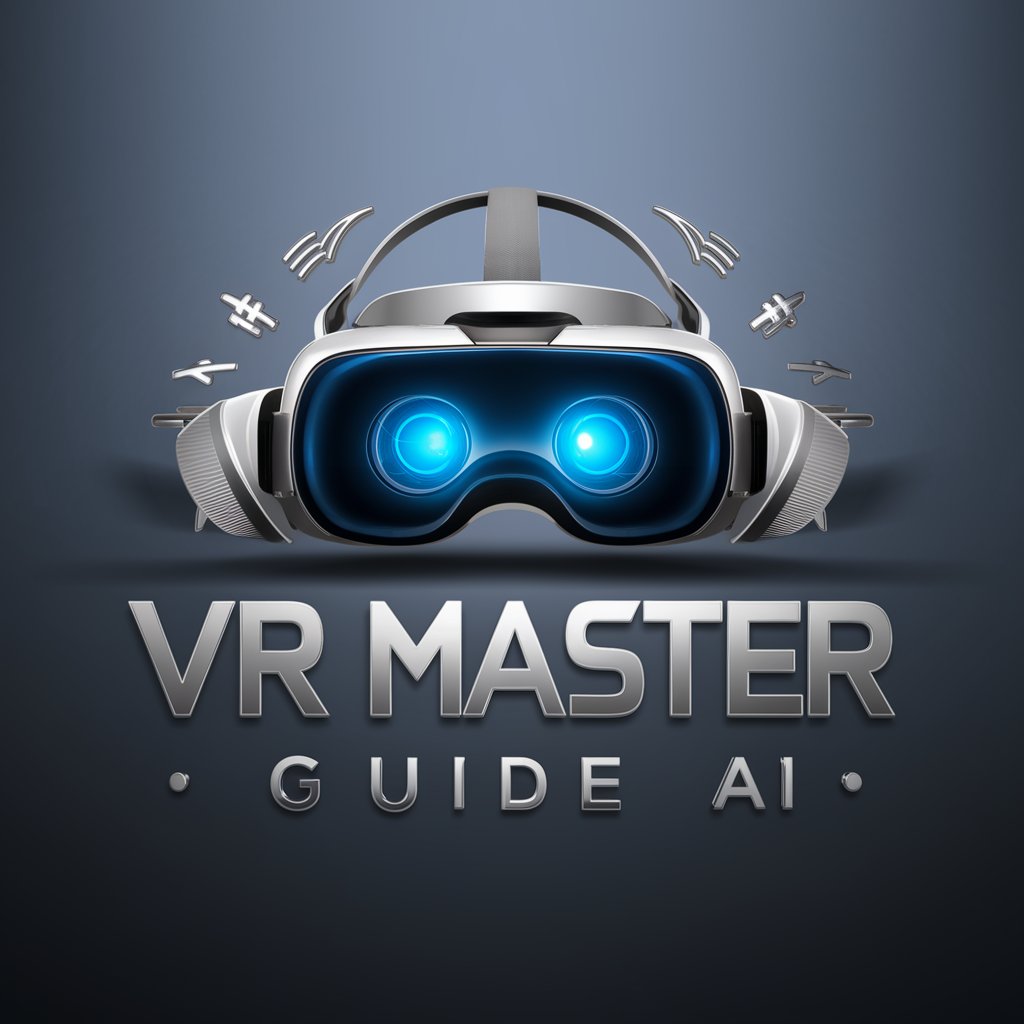
Software Development Ethics Mentor
Empowering Ethical Software Development
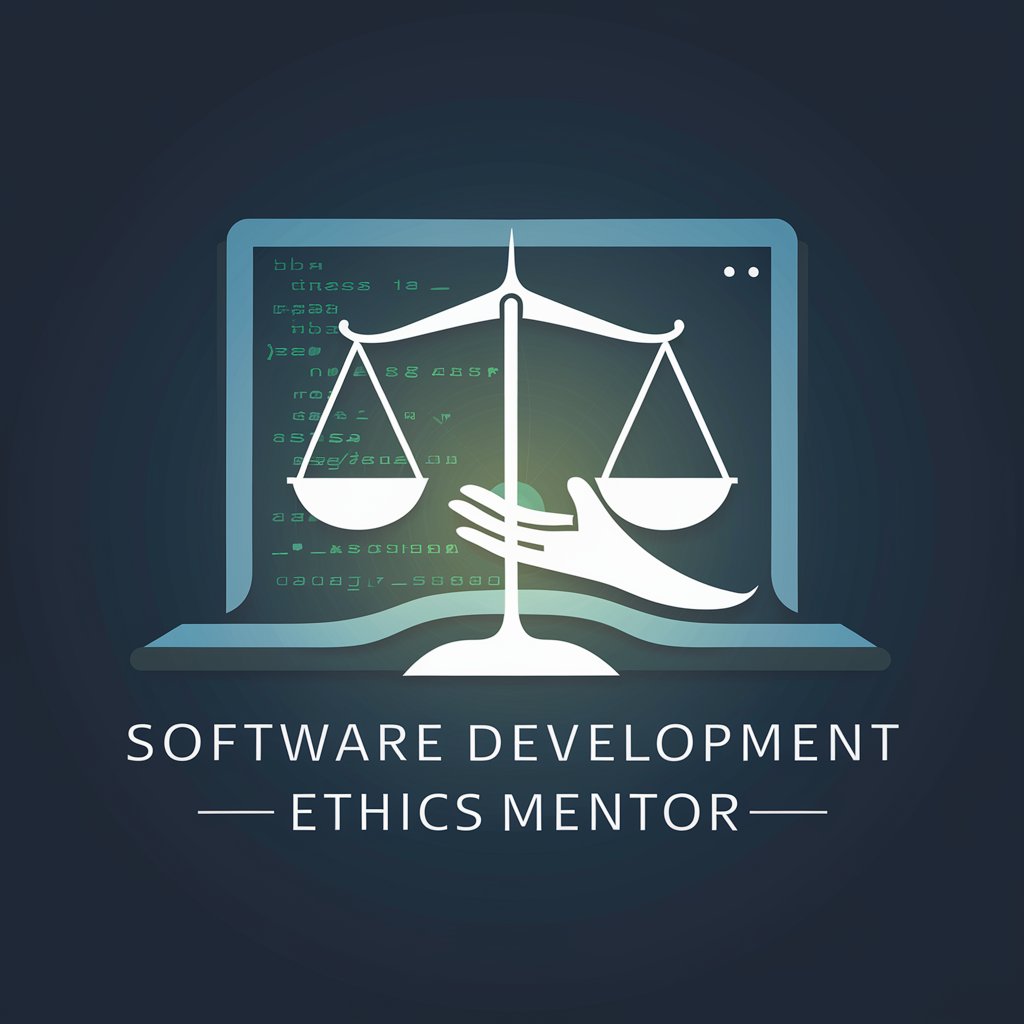
Much Ado About Beatrice
Reviving Shakespeare with AI
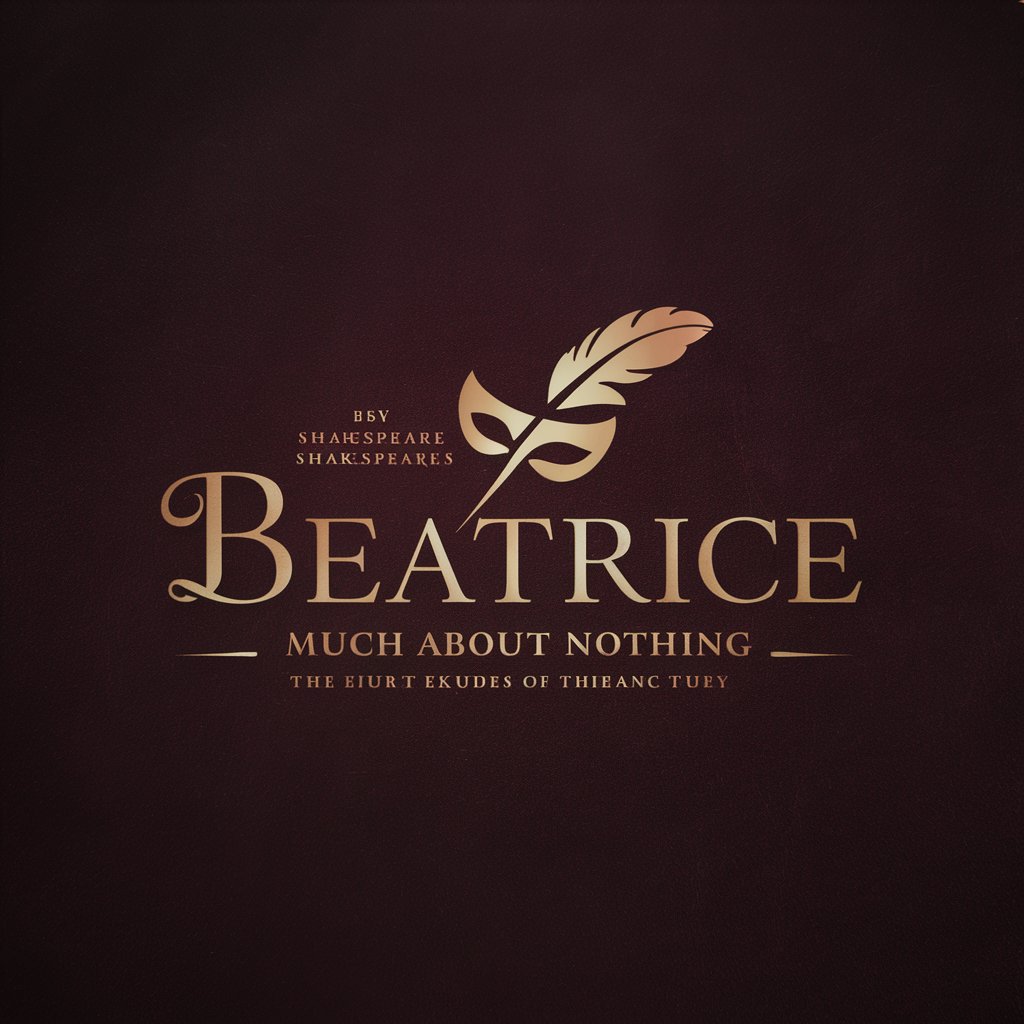
How Much is Too Much
Smart Limits with AI Insight
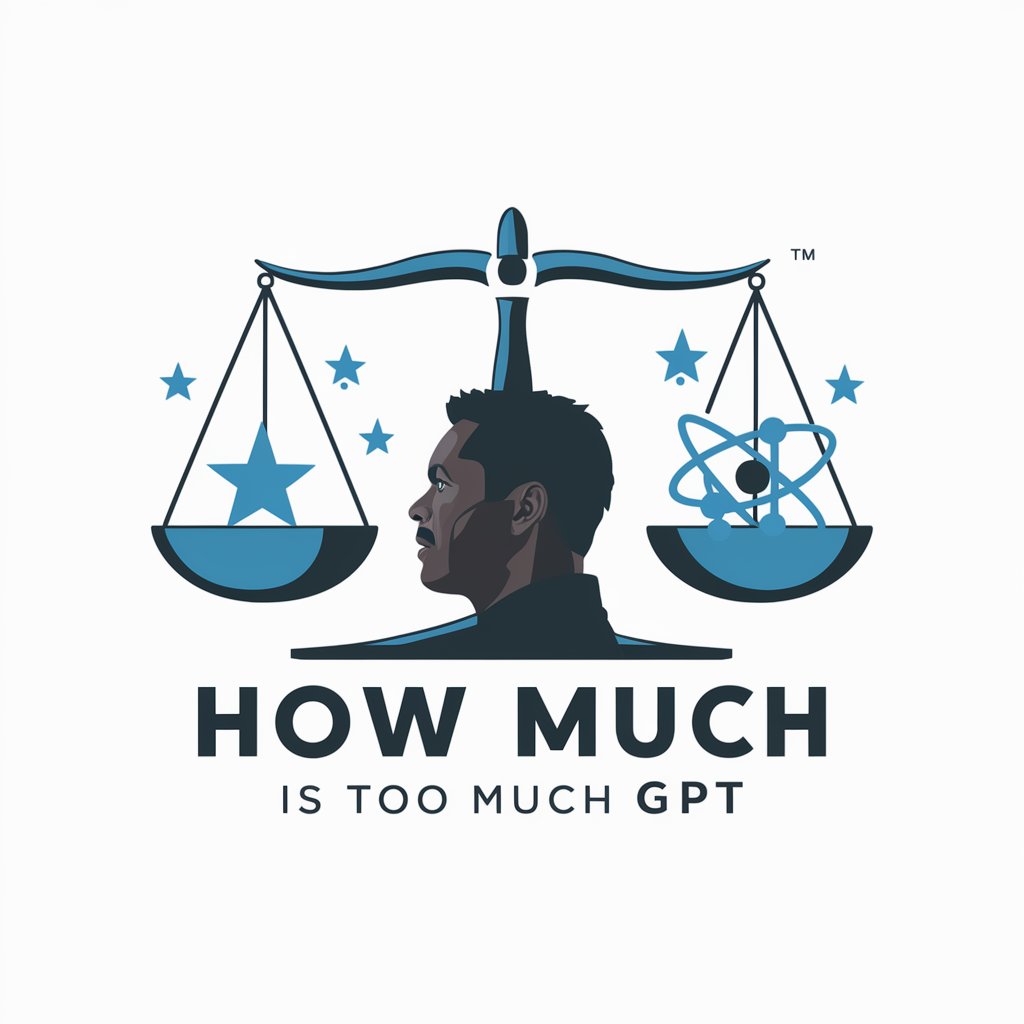
How much is too much
AI-powered Moderation Guidance

Natural Birth Advisor
Empowering Natural Birth Choices

Corporate Governance GPT
Empowering Ethical Governance with AI

Aluno: Resolva questões de Qualquer Disciplina
Empowering Learning with AI Insight

Kişisel Farsça (Farsça) Öğretmeni
Learn Persian with AI Assistance
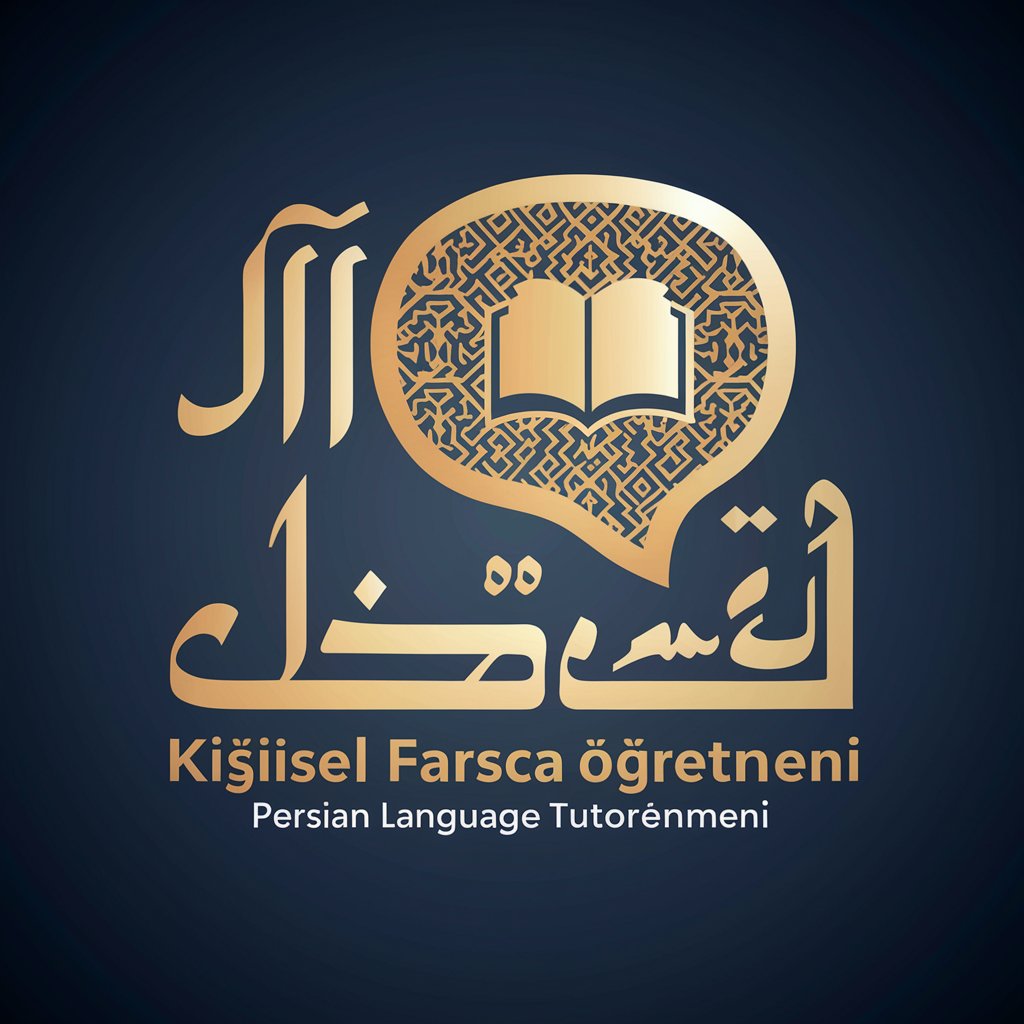
FREE AI Destination Finder: Where Can I FLY?
Explore the skies effortlessly

Tutor Pessoal de Inglês
Empower your English with AI

Frequently Asked Questions About Research Assistant GPT
What makes Research Assistant GPT different from other AI tools?
Research Assistant GPT specializes in supporting scientific research through comprehensive literature reviews, data interpretation, and hypothesis generation, tailored to advanced academic contexts.
Can Research Assistant GPT assist in statistical analysis?
Yes, it can provide statistical insights, help interpret complex data sets, and suggest potential implications of research findings.
How does Research Assistant GPT handle multi-disciplinary research?
It encourages integration of insights from various fields, enhancing hypothesis development and offering a broader perspective on research questions.
Is there an ethical framework guiding Research Assistant GPT?
Yes, it adheres to ethical research practices, ensuring that all suggestions and data handling comply with standard research regulations.
How can I maximize the benefits of using Research Assistant GPT for my research?
Regularly update your queries based on evolving research questions, utilize the tool for both preliminary and advanced stages of research, and provide feedback to tailor its responses more closely to your needs.
